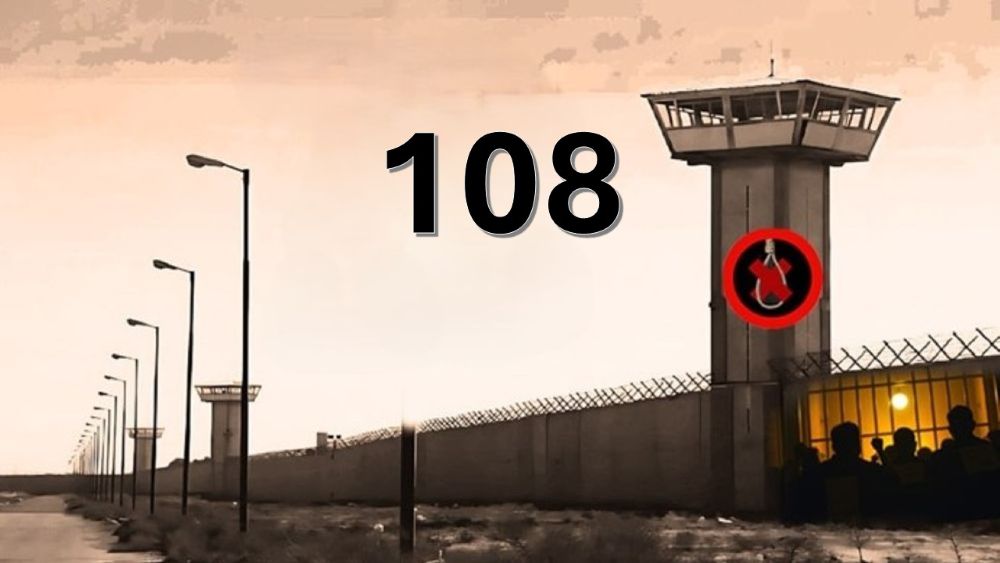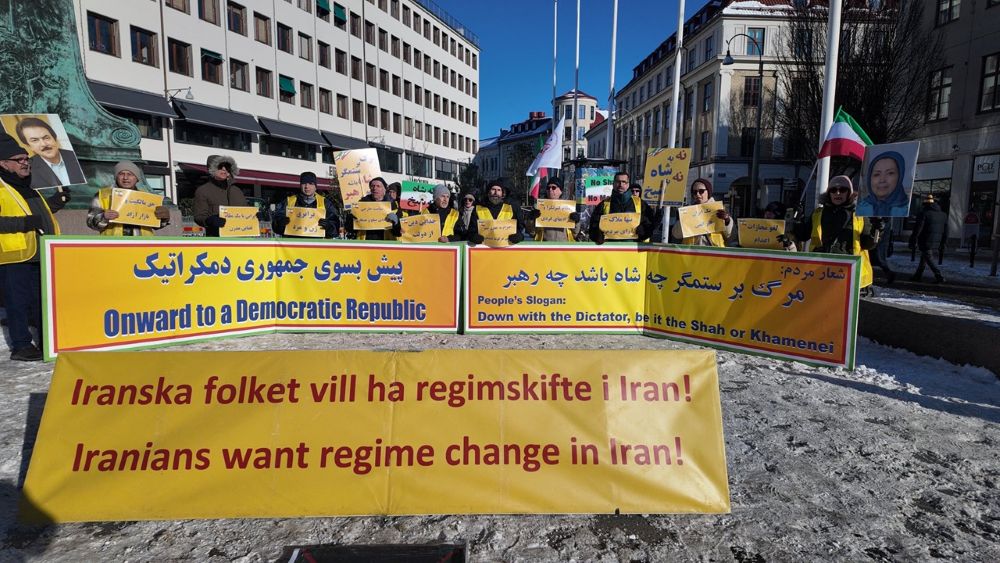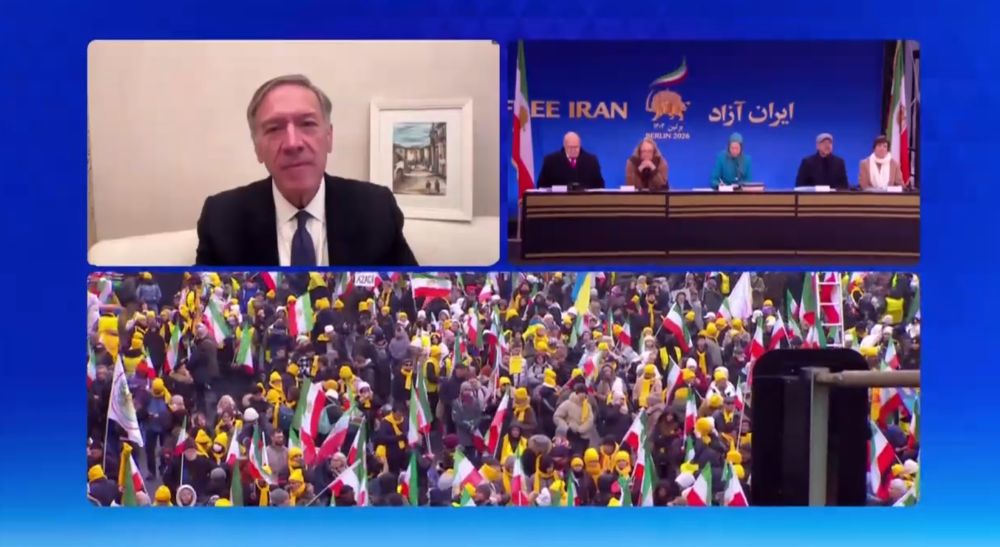The West has remained silent over the past years on mullahs’ massacre of political prisoners in Iran
Maryam Rajavi’s message to the Exhibition on 1988 massacre in Iran at the Paris District 1 City Hall
Dear friends,
I salute you who have come together to pay tribute to the political prisoners massacred in Iran. In 1988, in days like this, there was a commotion in prisons across Iran to massacre the political prisoners. The slaughter had been launched based on a religious decree issued by Khomeini, the founder of the mullahs’ regime.
Within a few months, the mullahs hanged 30,000 political prisoners who were serving their prison sentences.
Thirty years are gone but not their memories. The memories of the victims of the 1988 massacre continue to awaken the conscience of Iranian society and inspire them to rise. Those prisoners are continuing to have their impact. Their impact could be seen on two levels:
On the one hand, in the struggle against the ruling regime. We can see this in the Call-for-Justice movement. The movement has been expanding since two years ago when it started, and continues to grow. PMOI supporters obtained new documents on the massacre during this campaign. And the campaign has helped build tremendous pressure on the regime as if the massacre had taken place just recently.
Under such pressures, at least 20 senior officials of the regime were forced to defend this crime. The mullahs’ supreme leader, Ali Khamenei, expressed anger over why the 1988 massacre is being surrounded by an aura of innocence. These confessions are new documents on the ruling mullahs’ crime against humanity.
On the other hand, the victims of the massacre are inspiring to the Iranian society, and particularly to the youth.
In the past eight months, Iranian protesters have been remembering the steadfast political prisoners in their cities and how they were massacred for freedom. They remember their cause, what they sacrificed their lives for, and what their message is for today.
Just this week, the people of the cities of Karaj, Isfahan, Shiraz and several other cities of the country took to the streets and demonstrated against the mullahs. This movement has been persisting for eight months throughout the country.
This movement has alarmed the mullahs. To break out of this crisis, they planned a terrorist plot against the annual gathering of the Iranian Resistance in Paris on June 30. The terrorist operation failed to reach its goal but showed that the murderers of those 30,000 political prisoners stop at nothing to physically eliminate their opposition.
The West has remained silent over the past years on mullahs’ terrorism and on the massacre of political prisoners in Iran. So, the mullahs have found themselves immune to the international consequences of their crimes. The time has come to end such immunity.
I hope that France would lead the initiative for a new drive to defend human rights in Iran and pursue the case of those massacred in 1988. It is absolutely essential that the UN High Commissioner for Human Rights starts an independent probe into this case and the UN Security Council prepares the arrangements for the prosecution of the leaders of the Iranian regime and those responsible for this massacre.
I would like to extend my deepest appreciations on behalf of the Iranian people’s Resistance to the Paris District 1 Municipality, particularly to Mayor Jean—François Legaret for their admirable undertaking in defense of human rights in Iran.



